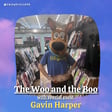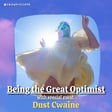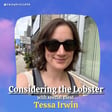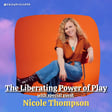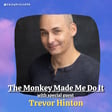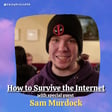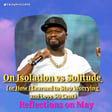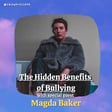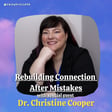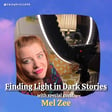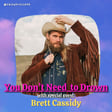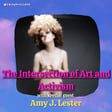
The Imp of the Perverse (September Wrap-Up Special)
In this very special episode of Friendless, host James Avramenko marks his one-year sobriety milestone by delving into his journey of self-discovery, emotional regulation, and the importance of building a robust support system. James opens up about the pivotal moments that led him to embrace sobriety, including dealing with intense emotions, the struggle of social isolation, and the critical role of harm reduction.
James shares insights into his coping mechanisms, such as mindfulness and mantra meditation, the 90-second rule for emotional regulation, and tips for journaling to process feelings. He reflects on his own personal growth, acknowledging his past struggles with self-worth and co-dependency, and emphasises the transformative power of small, incremental changes over drastic overhauls.
This episode also explores the broader themes of friendship, community, and the human need for connection. James discusses the significance of proactive communication and fostering a diverse support network to avoid echo chambers. He introduces the concept of a "6 pack" of support to distribute the emotional load among trusted individuals.
Listeners will find inspirations not just in James' triumphs but also in his candid acknowledgment of ongoing challenges. This episode is a heartfelt invitation to anyone grappling with sobriety or mental health issues to reach out, seek support, and take those first small steps toward a healthier, more connected life.
Join James Avramenko for a blend of personal storytelling, practical advice, and encouraging words as he continues to navigate the complexities of emotional health and sobriety.
Sign up for the Friendless Substack HERE!
Read "Hey, sorry I missed you"
Support the show, Buy Me A Coffee!!
Create your podcast today! #madeonzencastr

